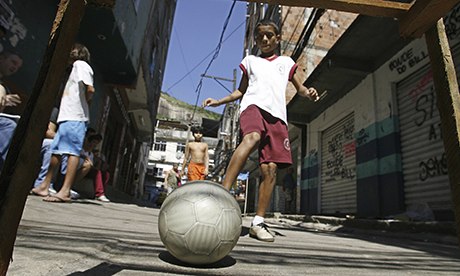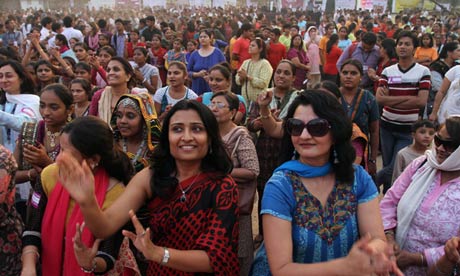
The necessity of men and boys’ participation in the fight to end violence against women.
It may seem foolish to be optimistic about International Day for the Elimination of Violence against Women on November 25th. The World Health Organization emphasizes that one in three women is subjected to violence by their male partners. A recent study by the United Nations in six Asian countries shows that one in four men has committed rape. However, our optimism stems from an extraordinary change happening all over the world. More and more men are finally joining women in saying that all forms of violence against women must end. Even men in the corners of the world are criticizing themselves and saying that we must play a key role in creating a future free of violence against women.
In India, Africa, and the Middle East, men have joined women in protesting against the widespread crimes against women. Similarly, in America and Europe, they are increasingly speaking out about this issue. Along with women, we also demand that governments support laws in this regard and enforce them. News from Britain indicates that the Clare’s Law is being implemented throughout England and Wales; this is an example of victories in this area. We hope to hear more and more news like this.
Right now, this challenge is expected to go even further; yes, protests and demonstrations attract attention and yes, detaining [offending] men and keeping them accountable is a crucial issue, but it is not enough.
“Now is the time to seriously address prevention in this matter, it is time to involve men and boys in solving it.”
The collected evidence and findings, currently being expanded, include the “International Research on Men and Gender Equality” with the participation of 15,000 men from 10 countries around the world, indicating two key factors behind violence.
Firstly, men who have witnessed their fathers’ violence at home during childhood are twice as likely to exhibit violence against their sexual partners compared to other men.
Secondly, it is about those who mainly believe in stereotypical notions of masculinity, that men should dominate women and that men have the right to control women’s bodies. As feminists and researchers believe, violence against women is a product of unequal power relations and as our activism in the past three decades has shown, this violence results in raising boys to become men based on impossible stereotypes of masculinity.
Putting an end to these acts of violence requires much more effort than simple campaigns against drunk driving and smoking. We must get to the root of this problem.
We teach teachers in various parts of the world to bring basic reasons and methods of preventing violence to the classroom. We train mentors to talk to boys about respecting women and girls.
Through our new international program “Men’s Care”, we are currently educating new fathers on positive parenting methods that reject any form of physical punishment. We also aim to implicitly affirm that using power and violence against others is unacceptable. At the same time, we are working towards changing policies, including improving parental leave laws (leave with/without pay that allows working parents more time to be with their children), which will result in a better role for fathers.
“We are also working with religious leaders, such as the efforts of the White Ribbon group in Pakistan, Canada, and Lebanon, using places of worship and religious sites to show that no religion condones violence against women. We are also engaging with men in the workplace; for example, in Australia, to change cultures that say to stay silent against men who use violence.”
In Rwanda and its neighboring country, the Democratic Republic of Congo, our non-profit organization called Promundo creates spaces where men and boys can overcome the violence they have experienced.
In Rio de Janeiro (Brazil), the Promundo group uses football leagues to engage and dialogue with men of all ages to end violence against women. Players discuss relationships and peaceful ways to resolve conflicts between couples. On game days, statements, posters, and radio programs about respecting women and being non-violent, especially for fathers, are broadcasted. Reports from participants in these programs show a decrease from 27% to 7% in physical violence against their sexual partners.
A combination of effective programs, increasing awareness, changing policies, and strong public voices turns this anger (of violence against women) into action and then into transformation. This action allows us to create situations where violence is stopped before it happens.
To achieve a “lasting end” to violence against women, it is time to move beyond small-scale programs that are being implemented with the hard work of NGOs and turn these programs into large-scale initiatives in our communities, schools, and workplaces. Let us change our families and create a future where women, our children, and of course men, truly deserve it.
Source: Guardian


